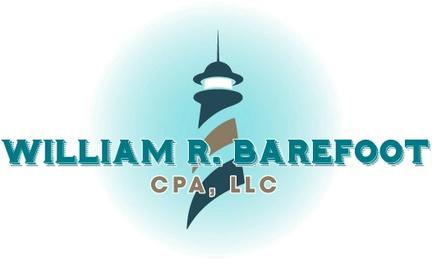According to the Small Business Administration, it is estimated that 20% of small businesses fail in the first year, approximately 50% fail by year 5 and only about 35% make it to year 10.
Businesses can fail for many reasons including poor marketing, inadequate planning, or bad management decisions. However, one of the most common reasons for closing is they run out of available cash. Reviewing the Statement of Cash Flows (SCF)and creating a Cash Flow Forecast may help avoid coming up short when funds are needed.
Many bookkeepers, managers and business owners pay little attention to the SCF. When business is good, some entrepreneurs only care about how much money is in the bank.
Only when funds get tight, do they start looking into the Income Statement or Balance Sheet for the answers. A better strategy is to use the SCF to create a Cash Flow Forecast and analyze both reports monthly.
In simple terms, the SCF presents where cash came from and where it went. Activity is presented in three sections - operating, investing, and financing.
- The operating section contains cash received and cash paid for operating activities such as customer payments, purchase of inventory, payroll, interest expense and taxes.
- The Investing section includes proceeds from the sale of and amounts paid for property and equipment.
- The Financing section includes money received from credit lines and loans, and the payments on those obligations.
Analyzing this data is essential to preparing a cash flow forecast.
Preparing a Cash Flow Forecast may help anticipate cash needs. Failing to plan for cash shortages is planning to fail. It is a good idea to run multiple projections for best case, worst case, and most-likely scenarios.
Some methods to avoid a cash shortage can be by collecting past due receivables, paying vendors on the due date, running a sales promotion, trimming overhead, borrowing against a line of credit, or bringing on investors.
Creating a cash flow forecast will help the business prepare in advance and hopefully avoid taking desperate measures. The forecast may also help foresee cash surpluses, but that is for another discussion.
Many accounting applications have cash flow reports and cash flow forecast built in, as well as add-on applications for forecasting that will work with some accounting applications. Spreadsheets are another option, but they take time to setup and update each month with fresh data.
There are two ways to prepare a SCF, the indirect method and the direct method. For this discussion, I focused on the direct method. The main difference is the way the operating activity is presented. The direct method uses only cash transaction and ignores non-cash transactions like depreciation.
The indirect method presents adjustments for non-cash transactions. The direct method is accurate, and it takes less time to prepare. Just note that QuickBooks Online uses the direct method for presenting the SCF.
Analyzing and preparing a forecast for a Statement of Cash Flows is a good service to outsource to a trusted advisor. Most entrepreneurs do not have the time, capability, or desire to prepare, analyze and take the actions necessary to manage cash flow.
Another reason to outsource is having an objective third-party provide recommendations and accountability to cash management.






